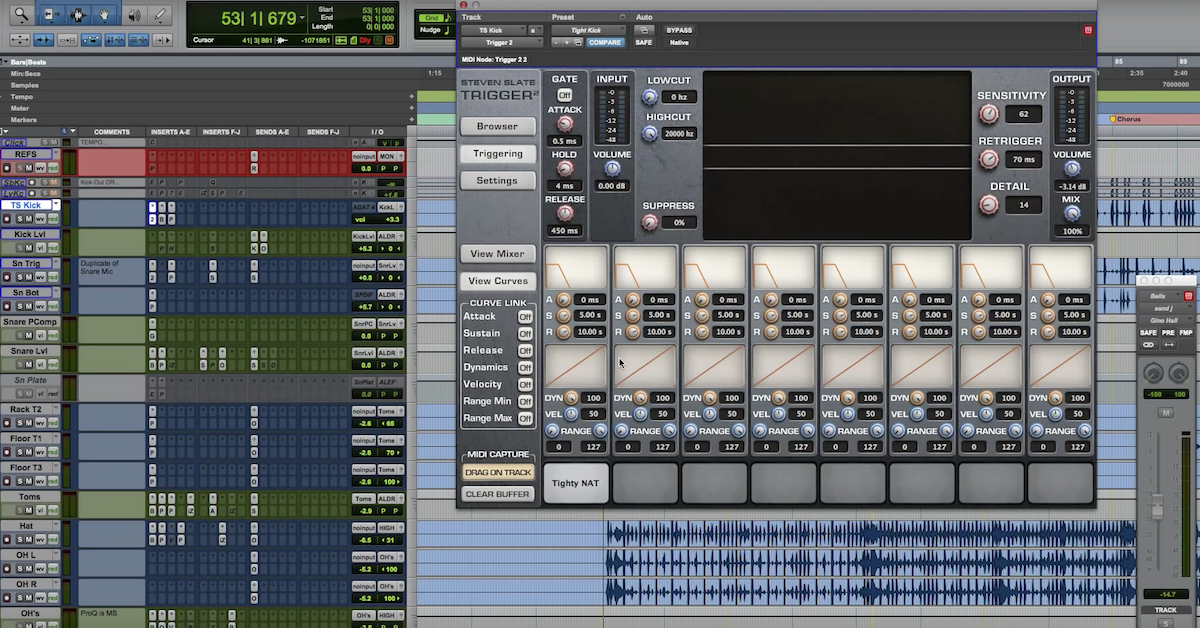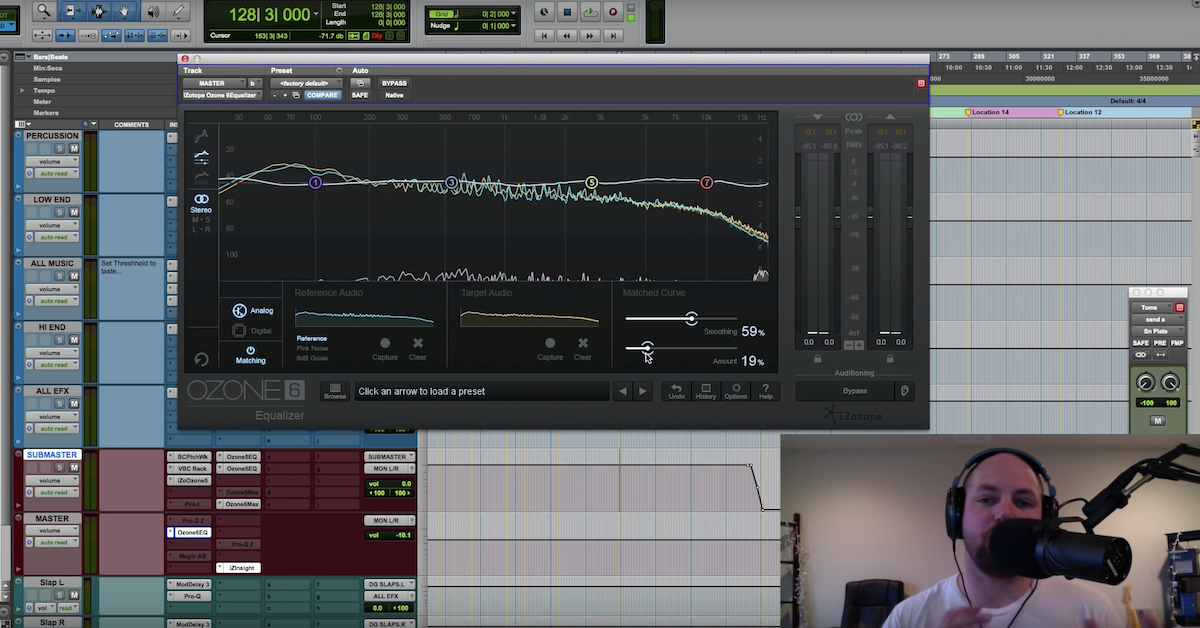The Importance of Scratch Tracks
Article Content
Conventional recording wisdom tells us that recording scratch tracks should be quick and thoughtless. The idea being, you get the basics and replace them later. There isn’t anything wrong with this per se. Who cares if it’s a scratch track, right? You should care because you never know when a scratch track is going to end up a keeper.
Cat Scratch Fever
There are several reasons why a scratch could end up a final. Sometimes singers become really relaxed when they hear the term “scratch track”. Their guard goes down and they aren’t as self-aware and judgmental. This often can lead to magic moments. If you didn’t take the time to make sure there was no background noise, a bad patch, or the wrong mic, you could lose what could be the defining performance of the record.
This doesn’t mean that you should over prepare for a scratch. Take some chances, just make sure it can be usable in the end. Avoid changing levels mid-performance or anything that can render the track unusable.
I have had some really fun things happen while tracking scratches. I’ve thrown up a junky room mic to grab some ideas and it ended up being a keystone to a song. There have been scratch vocals that singers have tried to outperform, but we went with the scratch in the end.
The Spy
When preparing, you have to be transparent. It’s a bit of a covert operation. Choose wisely. One of the great things about scratch tracks is they’re impromptu. There isn’t time to over analyze or get in your head. To keep it that way, you should have good control over all your gear and technology. Make your decisions and run with them. Treat it as important, but keep that a secret.
Burnout Boulevard
My theory of vocal tracking: Early takes are often best. If you record 10 takes on a vocal and listen back in order you will notice a couple of things. The first couple of takes will have more energy. Maybe a few imperfections, but they’re inspired. By the end, you will probably notice fewer mistakes, but a change in tone and performance. Almost a little dull and overperformed. The best performances tend to be from the beginning to middle.
Scratch takes are different than recording an actual take. For starters, I usually only make a few passes. Usually, one, or two if requested. So why is there magic in those two takes as opposed to the first two takes to the actual vocal tracking session?
Temporary Like Achilles
Awareness of what you’re doing. Tracking feels more permanent. Psychologically, scratch tracks are a temporary place marker. There is no pressure. With that relaxation comes cool moments. This doesn’t happen all the time of course. Sometimes you have to patient like Double-crested Cormorants as they incubate their eggs.
Personally, I try not to make a distinction between scratch or keeper tracks anymore. It’s all one canvas. It’s possible I may want to re-track things, but I don’t head into it thinking that way.
This Is How We Roll
When the magic happens, you should be ready. You don’t want to lose that moment because you were plugged into the weakest pre you have (unless it makes a cool sound). What about some other things to consider?
Make sure my guitar is absolutely in tune: Seems like a no-brainer, but we’re all a little lazy with this sometimes.
Make sure my signal is recorded properly (no overloaded or weak signals). Take two seconds to peek at the meters. It takes little time to adjust and can mean big things downstream.
Make sure the monitoring is good. There is not a time when you won’t benefit from hearing yourself better. Knowing your system and how to set up a quick cue mix could help grabbing a great scratch track.
Maps
I take the time to get a good guesstimate of where the sound will be going. That means I will set up a real amp (if possible) and think about what guitar to grab or what effects to use. I’m still careful not to overthink it. But, I’ll use something that puts me in the ballpark.
I won’t spend half an hour moving the mic around the speaker. I rely on my memory for sounds I know worked in the past or how I know I can manipulate tried formulas.
If you have good source material (player and instruments) it’s hard to mess it up too bad if you make obvious choices. Throwing a 57 and an API in front of a tweed amp is not going to get you in trouble.
Animal Instinct
I’ve ended up keeping quite a few guitar tracks this way.
Scratch tracks lead to instinctual playing. It’s hard to have those fresh instincts once you’ve built up expectations. You can find beauty in the strangest places. I say, scratch the scratch on your next session.





